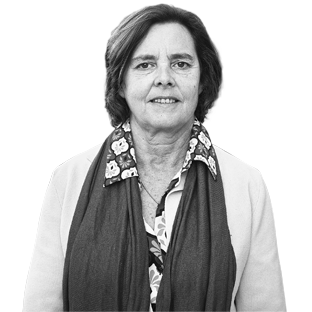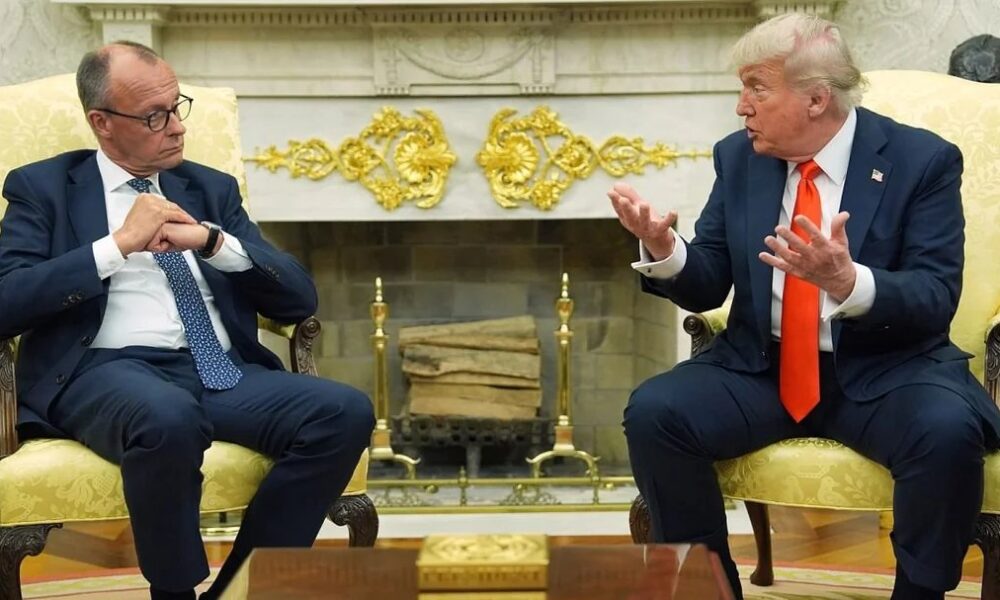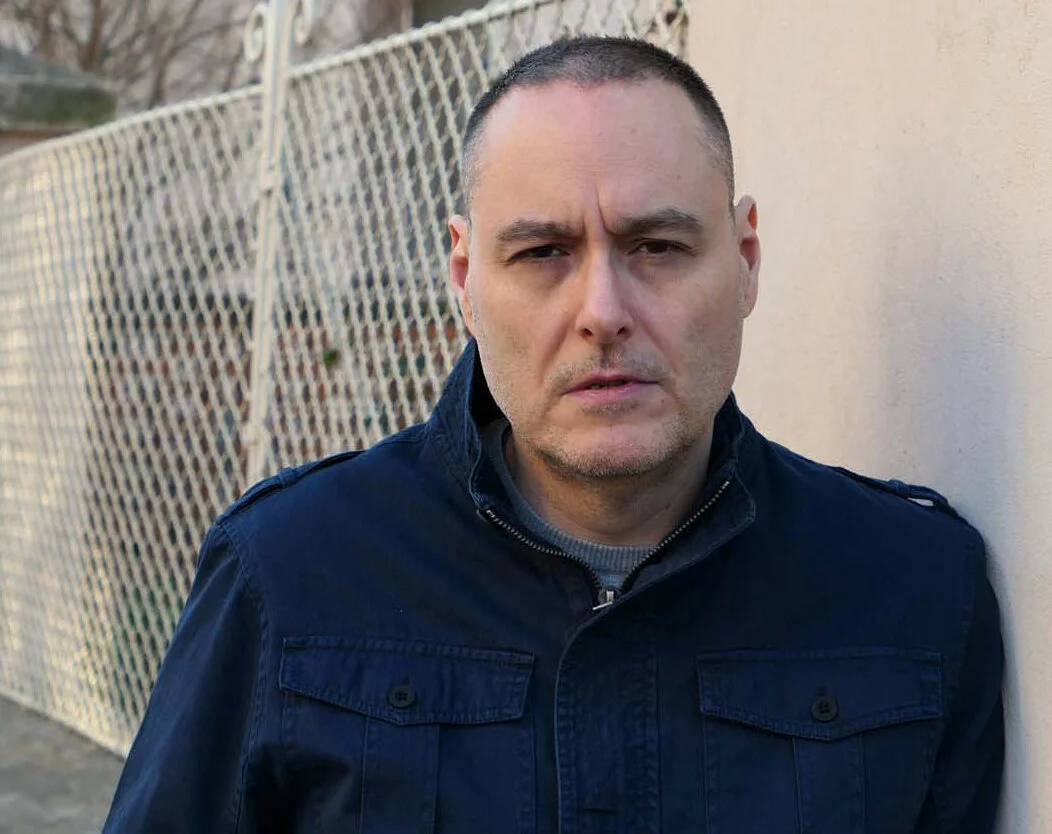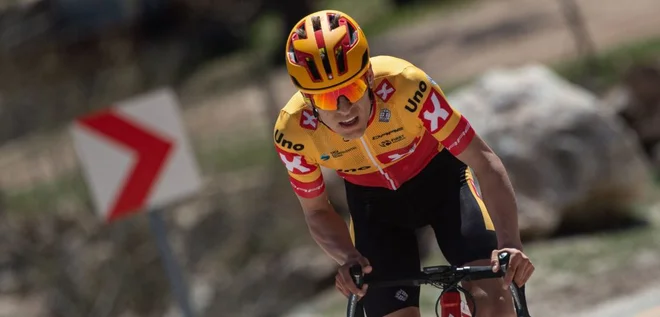Expert panel: « Sports self -regulation does not work »

Jens Sejer Andersen usually describes Play the Game as « a home for the homeless questions of the sport ». For almost 30 years, the Danish organization has arranged conferences and has been debated about doping, match fixing, corruption, sports washing and sexual abuse – topics that have been overlooked for a long time, but which has recently become increasingly in focus.
International sports associations such as IOC and FIFA have long regarded Play the Game with skepticism and although politicians and sports leaders have been forced to realize that the privacy issues must seriously believe Andersen believes that the measures to deal with the problems are not effective.
– Sports organizations have created ethical committees and appearance codes. Countries have strengthened laws that affect sports. International organizations have produced countless resolutions and recommendations. Despite all the good intentions, these efforts often fail because rules and regulations are not implemented, says Andersen, now senior adviser for Play the Game.
That is why As Play the Game 2022, the project initiated Clearsport, to investigate whether an international umbrella organization is needed to tackle the problems that are expected to cost the sport thousands of billions of SEK every year.
Over 200 experts and members of sports organizations have been consulted for three years and the answer presented at a webinar in early April is clear.
– We have done a thorough location analysis, identified the gaps in the fight against crime, corruption and other forms of integrity crimes in sports. We also propose how these gaps can be sealed. An independent unit would free sports organizations from many of the complicated issues where the sports have inherent conflicts of interest, says Andersen.
The sport’s ability to self -regulation has been questioned in conjunction with the recent scandals within the International Football Association (FIFA), the International Athletics Association, the International Biathlon Association, the International Volleyball Association, the International Boxing Association, the International Weightlifting Association (IWF) to mention a few.
Common to many Of the problem -heavy unions are that they had lack of control functions and leaders who have long been sitting on their posts. Without limited terms of office, the risk of corruption increases. Sepp Blatter was chairman of Fifa for 17 years. Before that, he had been secretary general for as long.
Several unions, including athletics, tennis and biathlon, have introduced independent and independent review functions after the scandals, while other scandal -weighted unions that boxing concluded increasingly and recently become banned by the International Olympic Committee.
Several of the experts who were asked and who appeared at the webinar believe that the recent many scandals show that the self -regulation of sports does not work. Including Arnout Geeraert, professor at the University of Utrecht in the Netherlands, who for a long time conducted research in the field:
– The governing body of the sport can set their own standards, and it is understandable that they want to keep their own autonomy, but if we want the governing bodies in sports to have good management, a paradigm shift is required, from cooperation to responsibility. Someone must keep the governing bodies and their officials responsible, Geeraert said.

Allison Wagner, The Olympic medalist and the world record holder in swimming, who, after the active career, started working for USADA, the United States anti -doping agency, is another of those who believe that the sports world must think in new paths.
« It is obvious that these problems will not be solved as the same things continue to occur, » Wagner said.
Several speakers emphasized the importance of the athlete’s role, including Paulina Tomczyk, secretary general of the organization European Athletes and Players Association.
– The athlete’s rights must be at the center of this initiative if it is to be an effective way to deal with privacy issues. Many sports organizations have norms and regulations, the problem is that they are not respected, Tomczyk said.
But there are Also skeptics. The lawyer Wilhelm Rauch, at the federal sports authority in Switzerland, believes that there are already institutions that will take care of, for example, corruption, bribes and money laundering.
– Legal authorities and disciplinary bodies both have their roles to play. We cannot and should not and should not among these different roles, but we can and should help these units work together and learn from each other in the best possible way when it comes to investigations and sanctions on corruption cases in the sports world. That is why I think we should use our energy to improve this collaboration and efficiency with existing funds and organizations, Rauch said.

But most of the people who appeared during the three -hour webinar were positive about the proposal from Clearsport. One of the big questions that remains to be solved if it is to become reality is the money. Who is going to finance the organization?
Jens Sejer Andersen admits that this is a crucial issue.
– We have come to two conclusions. One is that everyone who benefits from sports has an obligation to protect it. The second is that elite sports are not short of money. There is a lot of money in the system and you can think of funding through membership fees or service fees.
He believes that the broadcaster and the betting industry could also take responsibility.
-It is conceivable that sponsors and broadcasters allocate a small part of their turnover in sports to ensure the integrity of sports. Gaming companies, which make big profits on sports, could set aside some of their profits, Andersen said.
Read more:








